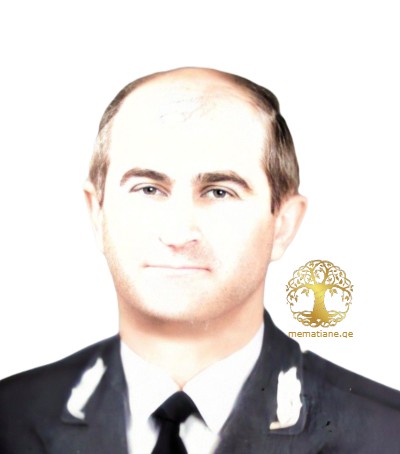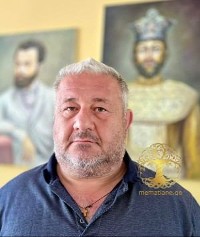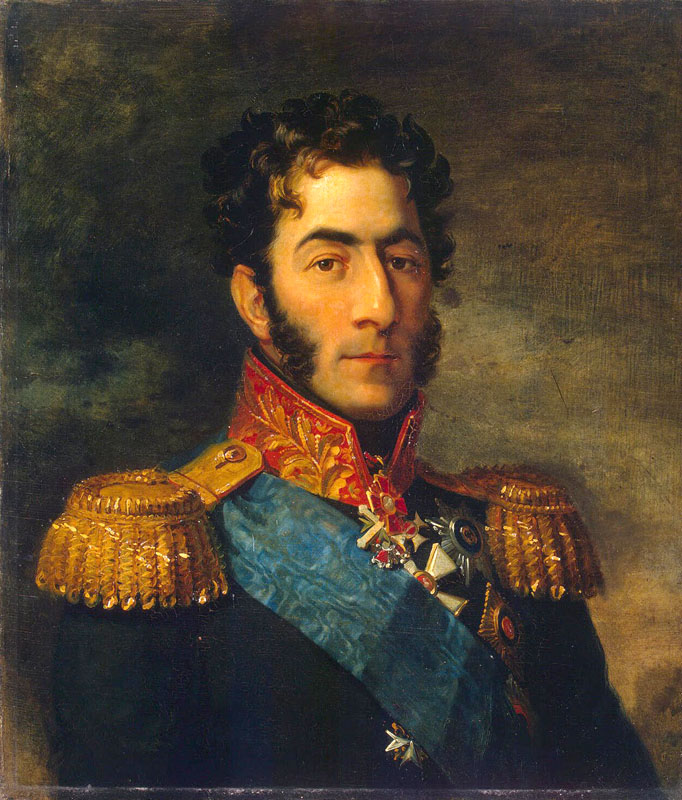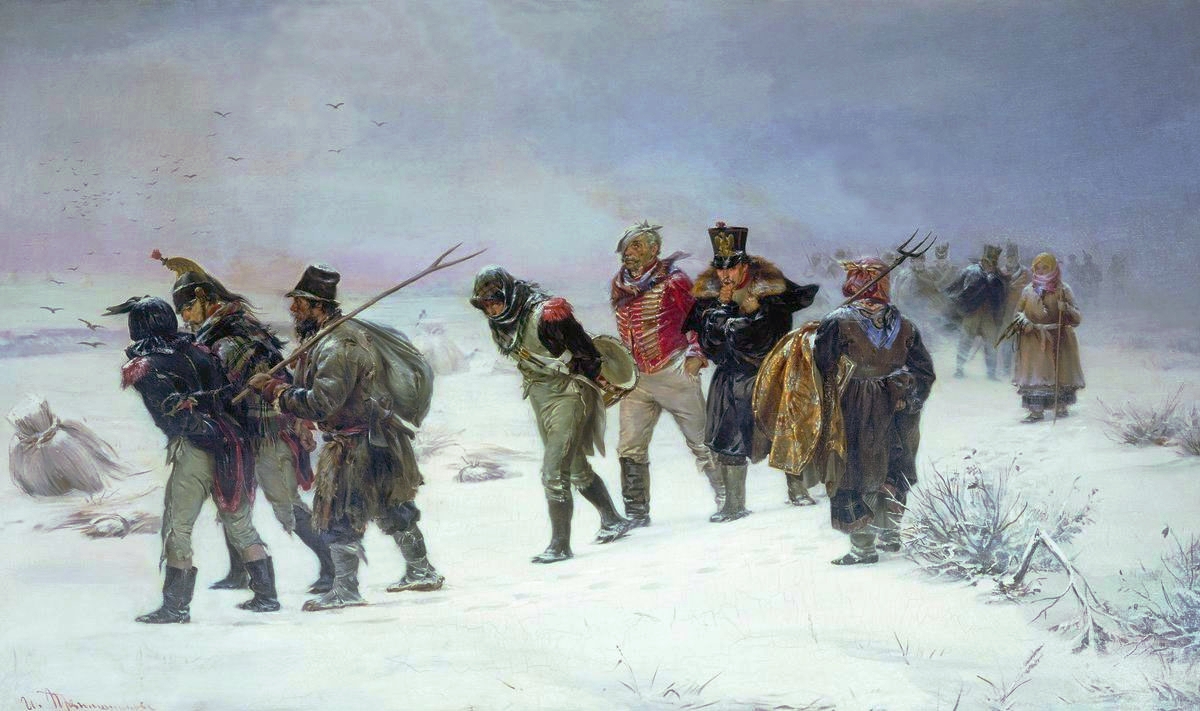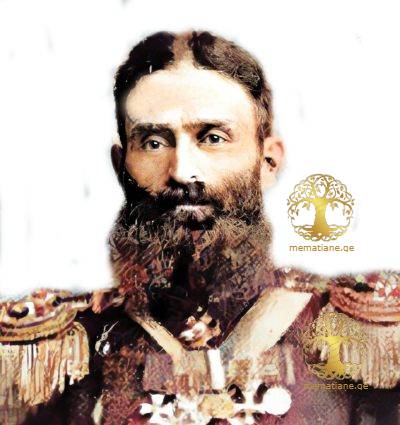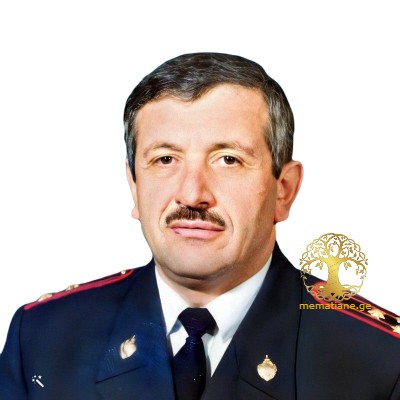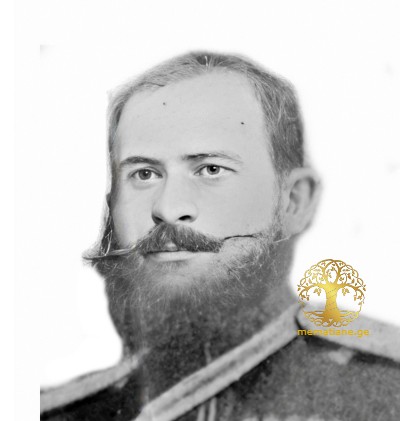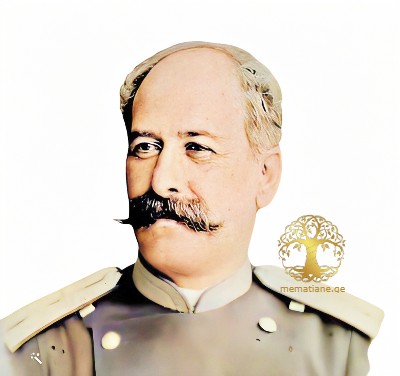ყურაშვილი გუჯარ ამირანის ძე (1 ივნისი 1951), შინაგანი ჯარების გენერალ-მაიორი (1993).
ყურაშვილი გუჯარ ამირანის ძე (დ. 01.06.1951 სოფ. ხოვლე). შინაგანი ჯარების გენერალ-მაიორი (1993).
გენერალი გუჯარ ყურაშვილი სამხედრო პირი 1968 წელს გახდა. მას შემდეგ იბრძოდა ყველგან, სადაც კი საბჭოთა კავშირის ჯარისკაცმა ჩექმა დადგა - 5 ქვეყანაში მრავალ საიდუმლო საბრძოლო ოპერაციაში მიიღო მონაწილეობა. 1992 წლის თებერვალში რუსეთის არმიის პოლკოვნიკი და კორპუსის მეთაური ყურაშვილი პენსიაზე გადის და საქართველოში ბრუნდება, სადაც შინაგანი ჯარის ბრიგადის მეთაური ხდება.
აფხაზეთის ომში, გუმისთის ფრონტის სარდლობისას, მოწინააღმდეგის დესანტის განადგურებისთვის გენერლის წოდება მიენიჭა. ვარდიკო ნადიბაიძის მინისტრობისას მისი კარიერა შეფერხდა: ნადიბაიძემ სახმელეთო ჯარები დაშალა და მისი სარდალი ყურაშვილი თანამდებობის გარეშე დარჩა. როგორც ყურაშვილი ამბობს, იგი შიდა სტრუქტურულ ინტრიგებს შეეწირა, რადგან ხელმძღვანელობას არმიის ქონებისა და ხაზინის ძარცვაში უშლიდა ხელს.
დოდო გუგეშაშვილი: „გუჯარ ყურაშვილი სწორ გადაწყვეტილებას იღებს, მინდვრებით ტანკების შეყვანის შესახებ. დაიწყო იერიში. სვანები “ლილეს” სიმღერით ინაცვლებენ წინ. პირველ ეშელონში გლდანელები, ბორჯომელები, ლანჩხუთელები არიან, ასევე თბილისელებიც. ტამიშის ხიდს ჩვენების არტილერია ამუშავებს, იქ შეკრებილი მტრის ნაწილების გასაფანტად; “კშმკ”–ში ზის უჩაძე, რომელიც არტილერიას ხელმძღვანელობს. ყურაშვილს ორ ტანკთან აქვს კავშირი, ზვიადისტების შტაბის უფროსს ზღვისპირიდან დაძრულ თავის ხალხთან, რომელთაც სოსო ჟღენტი ხელმძღვანელობს. გიგა გელაშვილი მხედრიონს ხელმძღვანელობს, ჯაბა იოსელიანი ხან შეტევაზეა, ხანაც “კშმკდან” ბიჭებს განკარგულებებს აძლევს.“
გუჯარ ყურაშვილი: „ჩვენი ბრიგადა წვევამდელებით იყო დაკომპლექტებული, არც ერთი რეზერვისტი არ გვყავდა. როდესაც აფხაზეთში შესვლის ბრძანება მივიღეთ, თავდაპირველად, სადღაც 700-800 კაცამდე წავედით. ჯერ სამტრედიაში განვლაგდით. სწორედ მაშინ ჩამოვიდა ახალციხიდან ტანკებით დატვირთული ეშელონი. როდესაც ეშელონი ჩამოდგა, ამ დროს სამტრედიის სასტუმროში თათბირი ტარდებოდა, სადაც ითქვა, რომ ეს ტანკები ყველა დანაყოფისათვის უნდა გაენაწილებინათ. ჩემმა ჯარისკაცებმა გადმოიტანეს ის ტანკები, გადმოიყვანეს ქალაქში და მოედანზე განალაგეს. როდესაც გაანაწილეს, ყველა ჩემს ჯარისკაცებთან მოდიოდა და ეხვეწებოდა, გვასწავლეთ, როგორ ავამუშავოთო. სხვათა შორის, არც ერთ ტანკს არ ჰქონდა აკუმულატორი. სიარული და სროლა შეიძლებოდა, მაგრამ შესაძლებლობების ნახევარი დაკარგული ჰქონდათ. ჩვენმა ჯარისკაცებმა ისე ჩაიყვანეს კოლონა აფხაზეთში, რომ ერთი ტანკიც არ გადავარდნიათ, მაშინ როცა ბევრს გაუჩერდა, ზოგს გზიდან გადაუვარდა.“
Gujar Kurashvili (born 1 June 1951) is a former Georgian general who was involved in the War in Abkhazia in the 1990s and was accused of plotting a coup d'etat in 1999.
Military career
Born in the village of Khovle (Kaspi district), Kurashvili began his career in the Soviet military in 1968 and retired with the rank of a colonel in February 1992. The same year he returned to Georgia and joined the Georgian military, being appointed a commander of an Interior Troops brigade. He took part in the War in Abkhazia (1992–93), where he commanded the Gumista front and was promoted, in July 1993, to the rank of major general in recognition of his success in defending Sukhumi. In September 1993, he was among the last defenders of Sukhumi. Years later, he blamed the political leadership of Georgia for the loss of Sukhumi, but claimed the Georgian forces were still able to defend Ochamchire and Gali, which the Georgian military commanders evacuated without any significant resistance.
In the mid-1990s, he served as Deputy Defense Minister and commander of the Georgian Land Forces. In May 1998, he was again involved in Abkhazia, during the brief War in Abkhazia (1998) in Gali District. In later interviews, Kurashvili blamed the defense officials in Shevardnadze's government for abandoning the initially successful Georgian guerrillas during the fighting.
Arrest and trial
On 22–24 May 1999, Kurashvili and nine other people were arrested over accusations of plotting to assassinate President of Georgia Eduard Shevardnadze and seize power in the country. The trial opened at the Supreme Court of Georgia in April 2001. The Georgian authorities claimed that former security minister, Igor Giorgadze, wanted for involvement in the failed 1995 assassination attempt against Shevardnadze, was behind the plot. Shevardnadze himself stated that the plot was masterminded in Russia to thwart Georgia's rapprochement with the West and intended to eliminate the country's entire leadership.
In November 2001, Kurashvili and former members of National Security Ministry's Alpha special unit, Archil Panjikidze and Kakhaber Kantaria, were found guilty of plotting the overthrow of the constitutional order and each sentenced to three years in prison. Kurashvili denied the involvement, claiming that the charges were trumped-up to get rid of the witness of the "treacherous mistakes" of the Georgian leadership in the conflict of Abkhazia.[1] In 2002, Kurashvili was pardoned by Shevardnadze.
Kurashvili, Panjikidze, and Kantaria appealed to the European Court of Human Rights, which ruled, on 27 October 2009, that Georgia had breached the Article 6 of the European Convention on Human Rights (right to a fair trial) and imposed the state of Georgia to pay EUR 2.000 to the three men for non-pecuniary damage.
